Large-scale organic neural interface devices
01/30/2020
Dion Khodagholy1
1 Columbia University, New York, USA
As our understanding of the brain’s physiology and pathology progresses, increasingly sophisticated technologies are required to advance discoveries in neuroscience and develop more effective approaches to treating brain disease. There is a tremendous need for advanced materials solutions at the biotic/abiotic interface to improve the spatiotemporal resolution of neuronal recording. Organic electronic devices offer a unique approach to these challenges, due to their mixed ionic/electronic conduction, mechanical flexibility, enhanced biocompatibility, and capability for drug delivery. We designed, developed, and characterized conformable organic electronic devices in the form of transistors and electrodes to efficiently interface with the brain and acquire neurophysiological activity not previously accessible with recordings from the brain surface. These devices have facilitated large-scale rodent neurophysiology experiments and uncovered a novel hippocampal-cortical oscillatory interaction. The biocompatibility of the devices allowed intra-operative recording from patients undergoing epilepsy surgery, highlighting the translational capacity of this class of neural interface devices. In parallel, we are developing the high-speed electronics and embedded acquisition and storage systems required to make high channel count, chronic neurophysiological recording from animals and human subjects possible. This multidisciplinary approach will enable the development of new devices based on organic electronics, with broad applicability to the understanding of physiologic and pathologic network activity, control of brain-machine interfaces, and therapeutic closed-loop devices.
